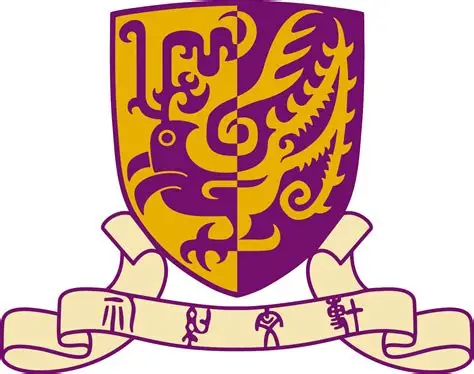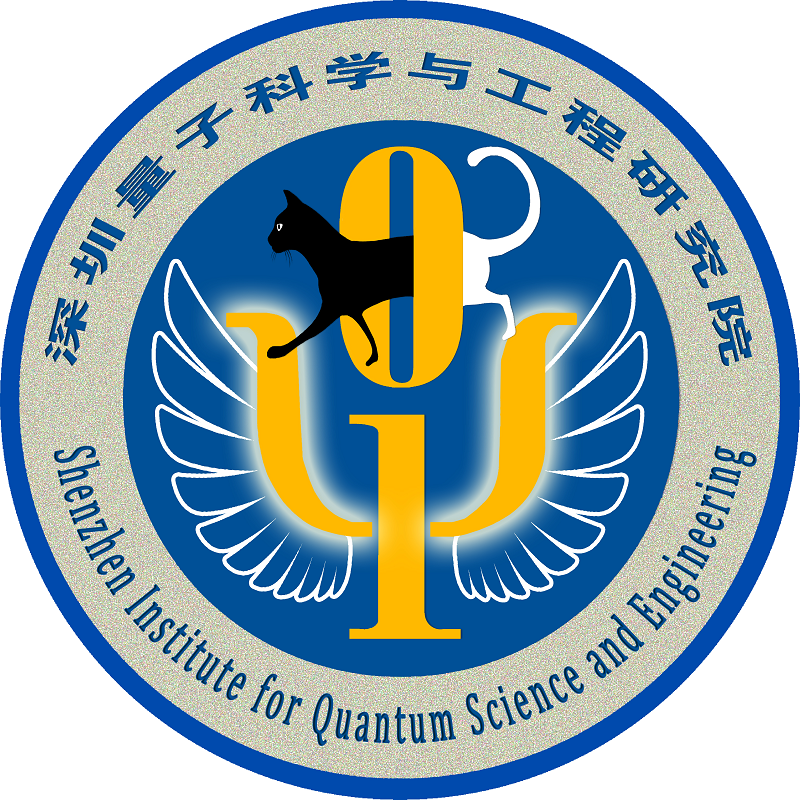
赵志政
Zhizheng Zhao
Zhizheng Zhao
Hi, I'm Zhizheng Zhao, an undergraduate student at the School of Physics, Peking University.
Access more info / Contact me through the following links:
Education 📖

Peking University
Awards and Honors 🏆
Alishan Scholarship
Outstanding Research Award
National Endeavor Scholarship
Publications 📄
Let's Verify and Reinforce Image Generation Step by Step
Renrui Zhang*,
Chengzhuo Tong*,
Zhizheng Zhao*,
Ziyu Guo*,
Huaidong Zhang,
Manyuan Zhang,
Peng Gao,
Hongsheng Li
* Co-first authorship
CVPR 2025
Research Experience 💡

Resistive Plate Counter Development and Data Analysis

Chain-of-Thought Reasoning for Advanced Image Generation

Reward and Policy Distribution Optimization in GRPO

Improving Crystal Structure Prediction via Niggli Reduction
|
Stay inspired and keep exploring!


|